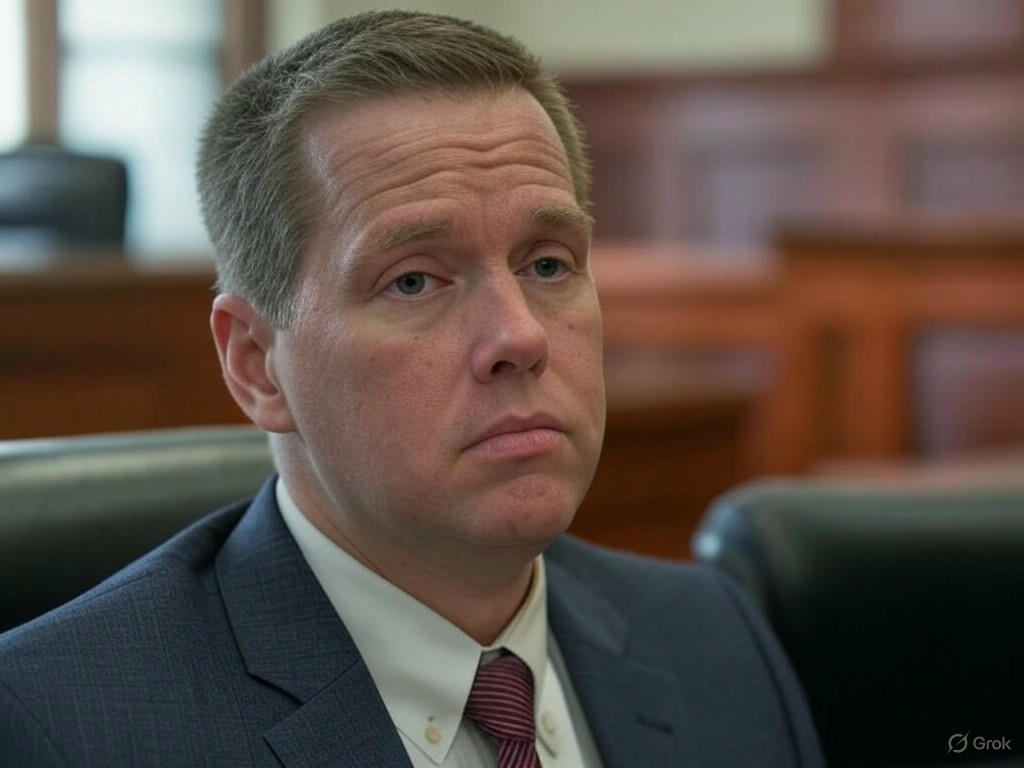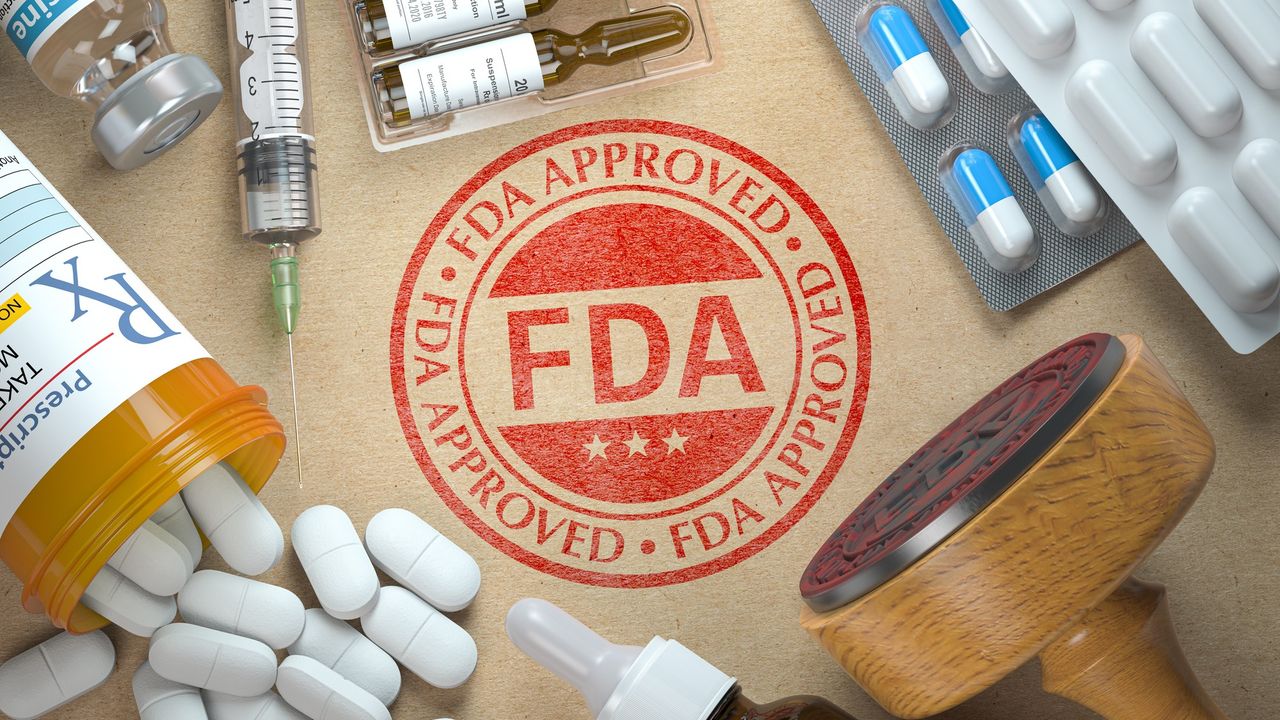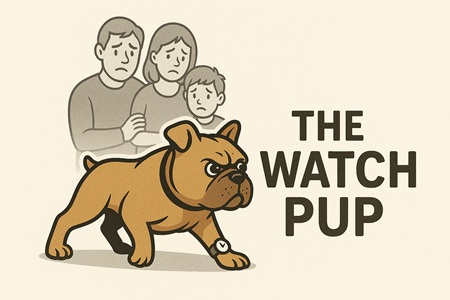

FDA Failures Ignite Concerns
While the FDA aims to protect public health, critics argue that its regulations and processes can lead to delays in accessing potentially beneficial treatments or, in some cases, allow harmful products to remain on the market.
Arguments Highlighting FDA Shortcomings
- Delays in Access to Treatments: Critics argue that the FDA's rigorous approval process can delay access to potentially life-saving treatments, especially for serious illnesses.
- Unnecessary Regulations: Some believe the FDA's regulations are overly burdensome, stifling innovation and potentially reducing the development of new treatments and devices.
- Industry Influence: Concerns exist that pharmaceutical and food companies exert undue influence on the FDA, potentially leading to the approval of unsafe or ineffective drugs or products.
- Post-Market Safety Issues: Even after approval, unexpected safety problems can emerge. Critics argue the FDA's post-market surveillance systems are inadequate, with the agency failing to act quickly enough.
- Opioid Crisis: The FDA has faced criticism for its role in the opioid crisis, with some arguing that the agency's policies contributed to the problem.
- Lack of Resources: The FDA is often criticized for being underfunded and understaffed, hindering its ability to effectively carry out its responsibilities.
- Failure to Enforce Regulations: The FDA has been criticized for not adequately enforcing its regulations, particularly with medical devices.
- Unapproved Drugs: Instances of unapproved drugs being marketed and used have been identified, leading to patient harm.
- Misleading Labeling: Concerns exist that the FDA allows misleading or inaccurate product labeling, putting consumers at risk.
- Focus on Certain Populations: Some argue the FDA prioritizes the needs of certain populations, potentially leading to inequities in healthcare access and safety.
- Lack of Transparency: Critics note that the FDA lacks transparency in its decision-making processes, making it difficult for the public to hold the agency accountable.
Counterarguments Defending the FDA
- FDA's Role in Protecting Public Health: The FDA's primary mission is to ensure the safety, efficacy, and security of food, drugs, medical devices, and other regulated products.
- Rigorous Approval Process: The FDA's approval process is designed to be thorough, ensuring products meet high safety and effectiveness standards.
- Post-Market Surveillance: The FDA has systems to monitor product safety post-approval and take action when necessary.
- Enforcement Actions: The FDA takes enforcement actions against companies violating regulations, including recalls and seizures.
- Public Health Initiatives: The FDA is involved in initiatives like promoting healthy eating and preventing disease.
- Innovation: The FDA supports innovation in developing new drugs and medical devices while maintaining a focus on safety.
Examples of FDA Failures
Opioid Crisis
The FDA's role in the opioid crisis has drawn significant criticism, with some arguing that the agency's policies contributed to the epidemic.
Post-Market Safety Issues
The drug Vioxx, withdrawn after being linked to serious cardiovascular risks, exemplifies a drug that caused harm post-FDA approval.
Unapproved Drugs
The FDA has identified cases where unapproved drugs were marketed and used, resulting in patient harm.
FDA Found Problems at Indian Drug Factory
The FDA discovered issues at an Indian drug factory linked to U.S. deaths, raising concerns about oversight.
Toxic Chemicals in Food and Drinks
The FDA has been criticized for allowing the ongoing use of toxic chemicals that leach into food and drinks.
TOP STORIES





